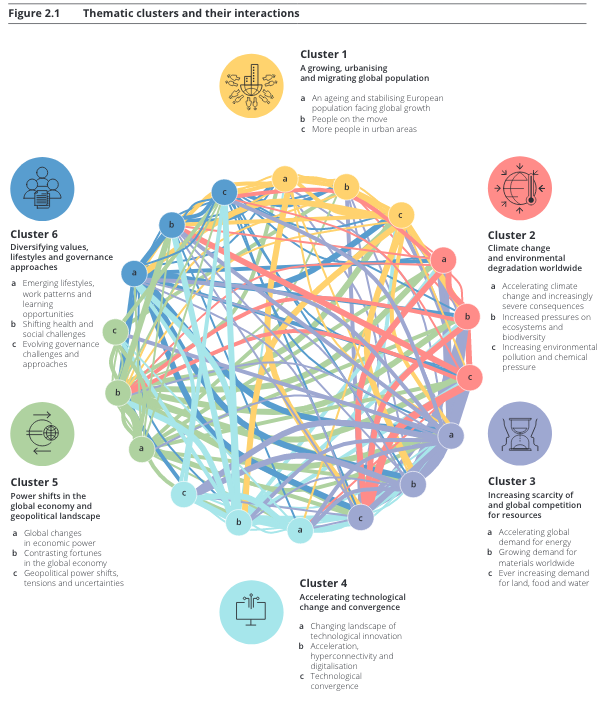CEP to support an evaluation of the Zero Carbon Britain Project for Centre for Alternative Technology
CEP has been awarded a new project by the Centre for Technology (CAT) to conduct a theory of change evaluation of the Zero Carbon Britain Hub and Innovation Lab
CEP, in partnership with Accelar, has been commissioned by Centre for Alternative Technology (CAT) to conduct a Theory of Change Evaluation of the Zero Carbon Britain Hub and Innovation Lab.
CAT’s Zero Carbon Britain Hub and Innovation Lab project will be delivered between 2020 and 2023 and will help communities, local authorities and policymakers to create Zero Carbon Action Plans, and to provide support for the development of innovative solutions, through 3 key mechanisms: an online platform or hub to provide access to information and resources and provide a space for collaborative working and action; training and support; and a series of innovation labs.
In this project, we will support and work collaboratively with CAT in the monitoring and evaluation of the Zero Carbon Britain Hub and Lab. We will work with CAT to refine the project’s Theory of Change. We will collaborate on the development of a robust Monitoring and Evaluation Framework and method, which supports a formative evaluation process to allow the flexibility required in evaluating complex projects such as this one. We will advise on data collection needs and methods, as well as collecting independent evaluation data, and undertake analysis. And we will provide ongoing evaluation and support for the Zero Carbon Britain team in learning from the evaluation for the project itself as well as to inform CAT more widely.
The project started in October 2020 and will run until March 2023.
For more information, please contact Owen White (Technical Director, CEP) or Dr Sian Morse-Jones (Principal Consultant, CEP).















